By: Bahar Gidwani
Part 1 of a 2-part series.
Many companies use manual systems to collect data on and manage their sustainability programs. However, a growing number are using software tools that were professionally-developed for this purpose. In this study, CSRHub partnered with French software company Tennaxia, to study the perceived sustainability performance for fourteen of its customers.
Tennaxia offers a wide range of employee health and safety (EHS), environmental tracking and reporting (ETR), and corporate social responsibility (CSR) reporting solutions to hundreds of corporations. Its clients operate in 70 countries. CSRHub provides sustainability information on more than 13,000 companies in 104 countries. CSRHub’s ratings and metrics are drawn from more than 360 sustainability data sources.
We believed there could be a correlation between a company’s sustainability performance and its use of specialized data management software. We hypothesized that:
A. CSRHub should be able to rate the sustainability performance of most of Tennaxia’s customers. CSRHub includes data from sources such as Wall Street analyst firms, non-governmental organizations, government agencies, and crowd-driven ratings groups. It seemed reasonable that companies who were willing to invest in installing and operating Tennaxia software would share the data they gathered with our sources—who in turn would share their views of the data with us.
B. Tennaxia’s customers would have generally high sustainability ratings. Again, it seemed reasonable to assume that companies who are interested in collecting and analyzing their sustainability information would also take steps to improve their social performance. We have no way of knowing which companies use external tools to help manage their sustainability data. If a company does buy external tools, we don’t know which vendor they buy from. This data is normally not disclosed by vendors or by their customers. However, we do believe that a large majority of the 10,000 companies we currently track in CSRHub’s system do not have formal software tools in place.
C. The strongest ratings areas for Tennaxia’s customers would be those where its software collects and manages data. Tennaxia’s product suite includes programs for managing suppliers, tracking employee issues such as health, safety, and diversity, and reporting on environment, social, and governance-related metrics. These are areas that are often reported, externally through government filings, CSR reports, or frameworks such as CDP, GRI, and the UN Global Compact.
Background
A recent survey by Rescore (Effective CSR Data Management) found that 78% of major organizations currently have or plan to add EHS and CSR-tracking software.
Organizations Currently or
Planning to Track CSR/EHS Data
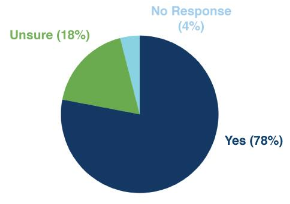
Source: ReScore Surveys & Interviews
Despite this intention to use software, a majority of the 50 companies Rescore surveyed use Excel spreadsheets to track their data. This situation has not changed much, over the past three years.
CSR Data Management Tools
Used: 2011, 2014
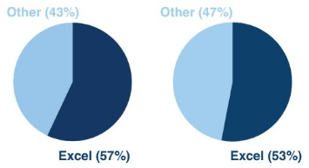
Source: Accenture (2011) and ReScore Surveys &
Interviews (2014)
It seems likely either that:
- Corporate sustainability managers are not convinced about the value of EHS and CSR Data management systems; or
- Sustainability managers have not been able to convince senior management of theircompanies of this software’s value.
While more than 20 software companies produce EHS and CSR Data systems, none of them dominate these markets. Only about half of the installed systems have been integrated with overall corporate management systems.
Share of Specialized Systems
that have the Ability to Integrate with
Other Corporate Systems
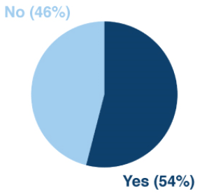
Source: ReScore Benchmarking Research
One argument for investing in EHS and CSR Data software, and for integrating it into overall corporate management systems, would be that doing so would improve a company’s perceived sustainability performance. Our study is a first step towards demonstrating this connection.
The results from our study will continue in our next post.
About CSRHub and Tennaxia
CSRHub provides access to corporate social responsibility and sustainability ratings and information on 13,700+ companies from 135 industries in 104 countries. By aggregating and normalizing the information from 360 data sources, CSRHub has created a broad, consistent rating system and a searchable database that links millions of rating elements back to their source. Managers, researchers and activists use CSRHub to benchmark company performance, learn how stakeholders evaluate company CSR practices and seek ways to change the world.
Tennaxia provides customized cloud-based software and services to help companies manage EHS Compliance and Sustainability Data. Over 5,000 locations, in 70 countries across multiple languages, rely on Tennaxia to streamline business processes, reducing costs and risks. Configurable to any framework or KPI, Tennaxia’s turnkey solution achieves nearly 100% client retention. With 13 years track record advancing European corporations, Tennaxia is now pleased to offer its customizable solutions to U.S. customers. For more information including case studies:
http://www.trianagroup.com/tennaxia/
 Bahar Gidwani is CEO and Co-founder of CSRHub. He has built and run large technology-based businesses for many years. Bahar holds a CFA, worked on Wall Street with Kidder, Peabody, and with McKinsey & Co. Bahar has consulted to a number of major companies and currently serves on the board of several software and Web companies. He has an MBA from Harvard Business School and an undergraduate degree in physics and astronomy. Bahar is a member of the SASB Advisory Board. He plays bridge, races sailboats, and is based in New York City.
Bahar Gidwani is CEO and Co-founder of CSRHub. He has built and run large technology-based businesses for many years. Bahar holds a CFA, worked on Wall Street with Kidder, Peabody, and with McKinsey & Co. Bahar has consulted to a number of major companies and currently serves on the board of several software and Web companies. He has an MBA from Harvard Business School and an undergraduate degree in physics and astronomy. Bahar is a member of the SASB Advisory Board. He plays bridge, races sailboats, and is based in New York City.
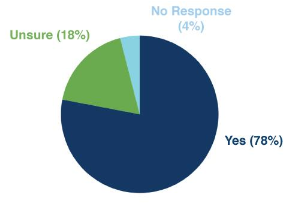
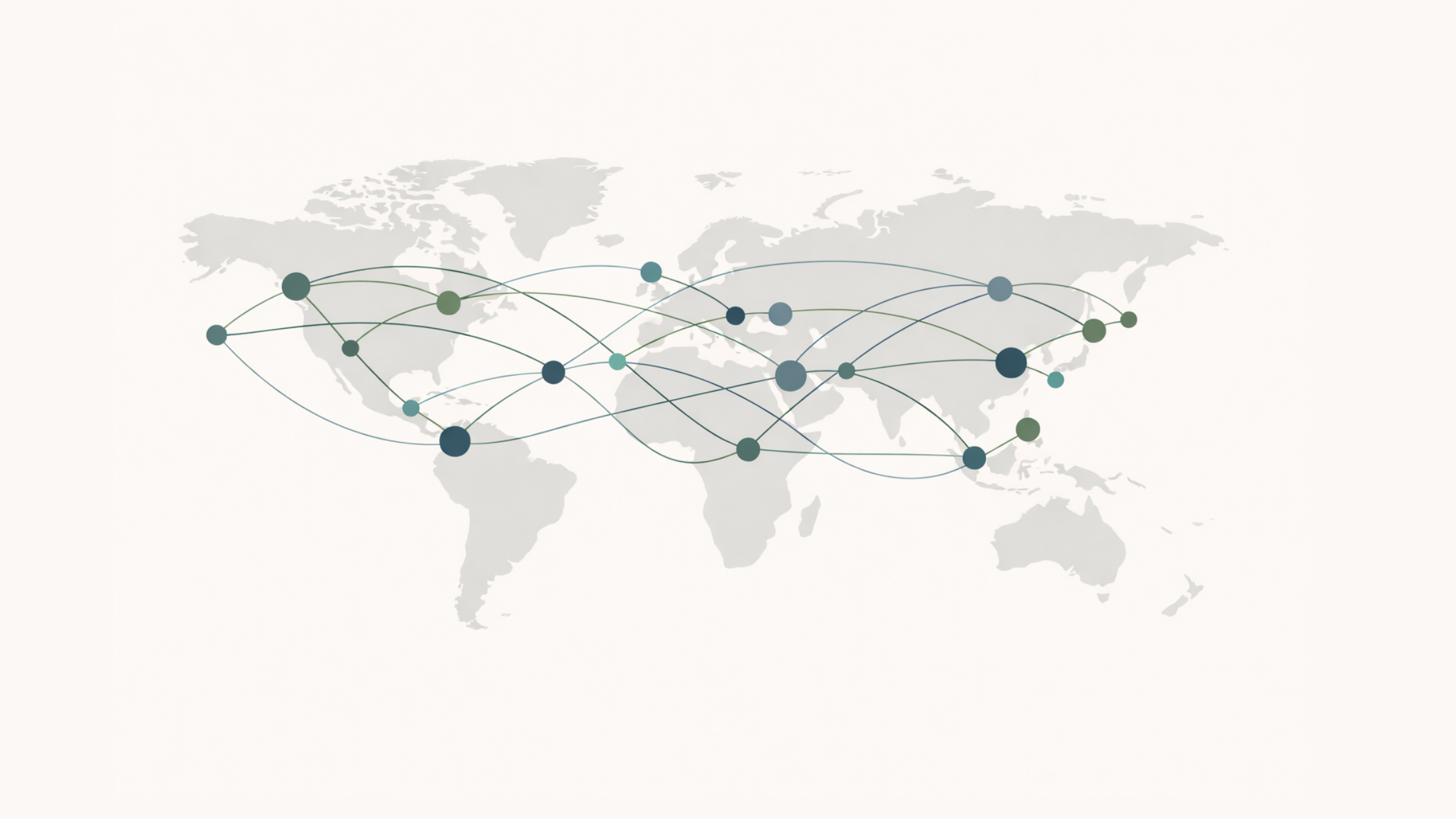
.png)
